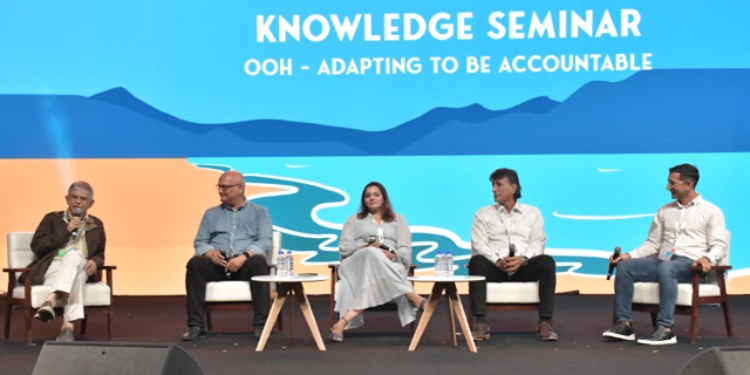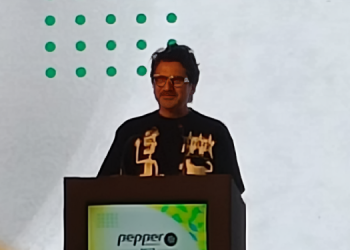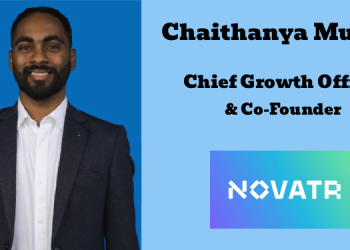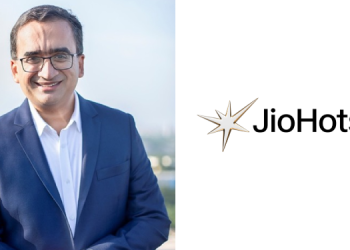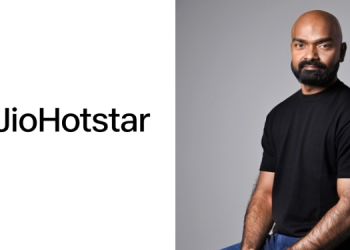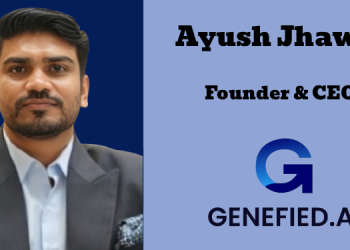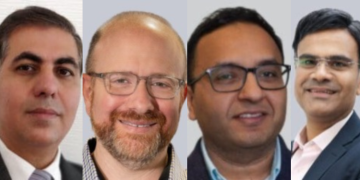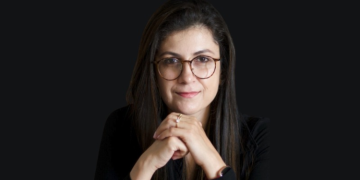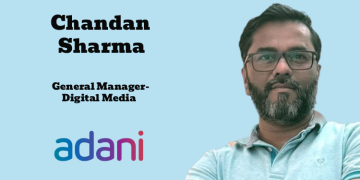Mumbai: Transparency, ability to creatively adapt to digital and better use of technology are key for OOH to grow to 10 percent of the adex from four percent. The tragedy of a hoarding recently falling in Ghatkopar killing people has woken people including the authorities to the fact that there must be accountability.
On the third and final day of Goafest 2024 a Knowledge Seminar around OOH titled Adapting to be accountable took place. The panel had Darshana Shah, head of marketing and customer experience Aditya Birla Capital; Pawan Bansal, COO Jagran Engage and chairman of IOAA (Indian Outdoor Advertising Association); Noomi Mehta, chairman of the Board at Selvel One Group; and Jahan Mehta, Chief Growth Officer at Oap Mediatech. Leading the discussion was Sam Balsara, Founder, chairman, MD Madison World and Madison Communications.
In this session, the panellists spoke of the importance of accountability in the outdoor advertising industry and discussed strategies for adaptation in an ever-evolving landscape.
Shah emphasised the evolving role of multi-screen geotagging and the importance of Out-of-Home (OOH) advertising. “OOH must be used as the first medium and not just a recall medium. That can take outdoor to 10 per cent of the adex easily. It’s not just about hoardings anymore,” she stated, highlighting the flexibility of adapting a 10-second feature for OOH. She noted that in outdoor a lot has changed. Roadstar is a measurement tool. Earlier measurement was a problem. There is Metro and airports that have digital signage.
There is no need to have a static outdoor anymore. But the challenge for her is that the creative has to be right. A lot of onus for this lies with creative agencies. One has to adapt for the medium. The planning is also found wanting sometimes. The use of technology and measurement will be key going forward. The more conversions happen to digital the better it will be for the industry.
To add to it, Bansal discussed the metrics of reach, frequency, and impressions, noting, “We have a 100-day plan for measurability and sustainability at IOAA.” He also spoke about the IOAA certification, which aims to prevent incidents like the Ghatkopar mishap during thunderstorms from recurring. An outreach programme has started. IOAA wants to become a part of the policy that is being tweaked by the BMC. The paramount importance is safety of citizens, advertisers and agencies. IOAA has asked for a list of sanctioned sites and these will be published. So one knows what is legal and what is not. He asked for a nudge from AAAI to tell its members that they will only buy from people who are IOAA members. Then there will be a sea change that comes into the ecosystem. The action will start with Mumbai then go to Delhi and then to the top 50 cities.
He spoke about the Roadstar planning tool. A dedicated effort was made to set up a tool to help clients start a campaign. This he said will dramatically change the ecosystem. Jahan said that Roadstar is a fantastic tool and his company was an early adopter. Revenue has jumped as a result. The second area is to have a all India third party proof of performance. This can be the basis of an adex. OOH is very local in nature. He also spoke about the need for an automated sales platform where we can all see the availability of a site and one can book online. Today you have to make hundreds of phone calls to book sites across the country.
Noomi said that the issue is that OOH is in a situation where one has to regulate the regulators referencing the tragedy in Ghatkopar. He noted that two government departments were shuffling papers. If outdoor is to thrive then the industry has to manage fringe players who use political influence and money. People bypass regulation. Help is needed to bring people to book. “Certain things must be off the table. You must not encourage them.”
Balsara noted that the challenge is that there are too many players. The entry barrier to get into the business of outdoor with two or three sites is so low. If there were only a few large players then there would be governance, a code of conduct. He noted that in an entrepreneurial country like India it is difficult to get there where nobody wants to sell their site.
One solution is that anyone who applies for a license should have a background in advertising. It should not be that anybody can set up a billboard. Balsara said that this is a good idea and noted that if someone starts an agency tomorrow that person cannot automatically become a member of AAAI. He/she has to spend a certain number of years doing it, display expertise and infrastructure.
Like Balsara Shah also noted that there are too many players in OOH. OOH comes from her company’s media spend. There is a method to the madness in other mediums like television. In OOH there is undercutting going on.

